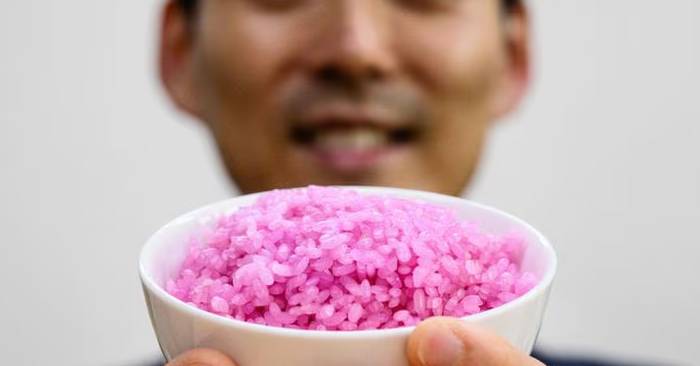South Korean Scientists Innovate ‘Meaty Rice’ as Ethical Protein Source

A team of scientists in South Korea has developed a groundbreaking concept called “meaty rice,” which involves injecting cultured beef cells into individual grains of rice. Led by Professor Hong Jin-kee at Seoul’s Yonsei University, this innovative approach aims to provide a sustainable and ethical protein source with wide-ranging applications from humanitarian aid to space exploration.
The dish resembles regular rice but has a distinctive pink hue and a subtle buttery aroma, derived from cultured beef muscle and fat cells. Professor Hong highlights the eco-friendly and humane aspects of their research, emphasizing that cultured meat offers animal protein without the need for livestock slaughter.
While the process is currently labor-intensive, involving coating rice grains with fish gelatin, injecting them with beef cells, and culturing them for up to 11 days, Hong sees rice’s porous structure as ideal for uniform cell growth.
The “meaty” rice boasts higher protein and fat content compared to regular rice, making it potentially beneficial for nutritionally limited populations. Hong aims to have his creation approved as emergency relief food in African countries, underscoring its potential impact in addressing food insecurity.
Despite regulatory challenges, with South Korea yet to approve cultivated meat for consumption, the project aligns with global efforts to innovate food technology and reduce environmental impacts associated with traditional livestock farming.
Ultimately, Hong envisions a future where biotechnology transforms dietary habits, suggesting that advances like “meaty rice” could revolutionize global food consumption patterns for the better.






